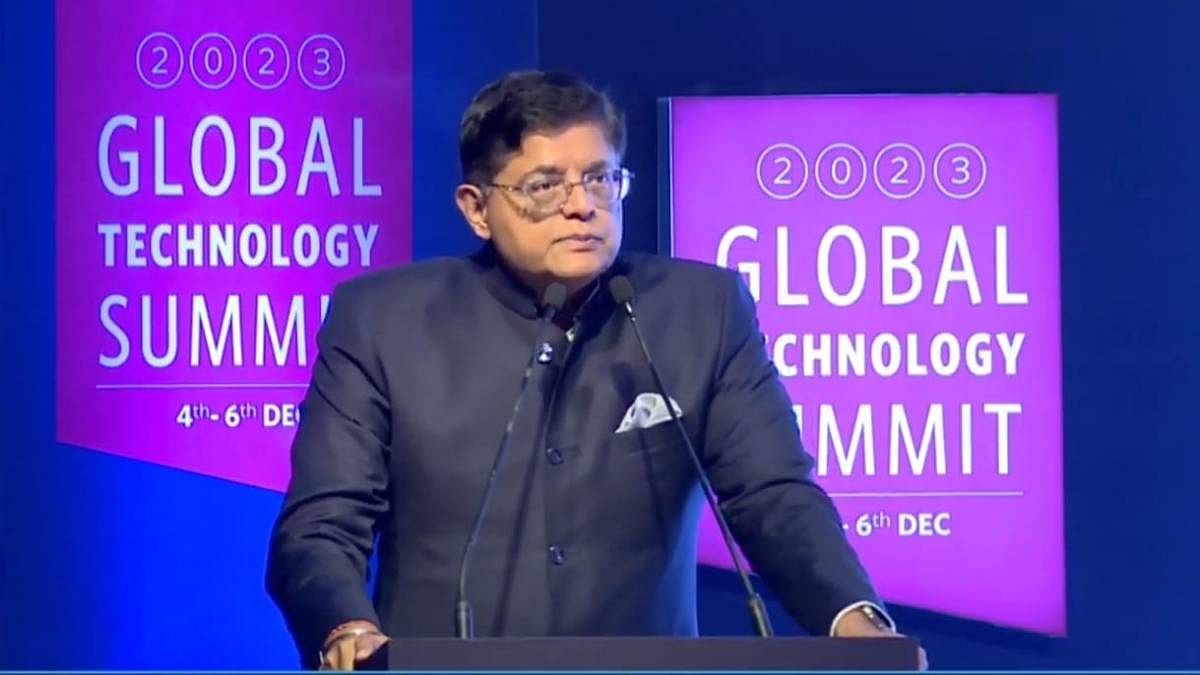New Delhi: India has not only demonstrated its capabilities in cutting-edge technologies but is also redefining the need for regulations on privacy and data protection, BJP’s national vice-president Baijayant Panda said at the Global Technology Summit in New Delhi Tuesday.
Panda was giving the keynote address on Digital Personal Data Protection Act (DPDP Act), 2023, at the summit, organised by the External Affairs Ministry and New Delhi-based think-tank Carnegie India.
“India has developed the confidence to not wait for others to take the lead but to help shape the global landscape on regulations concerning privacy and data protection,” he added.
Highlighting the nuances of the DPDP Act, Panda said: “There are several aspects which make the DPDP (Act) model something countries such as South Africa, Norway, among others, want to emulate, study and utilise. These include the focus on children’s rights, the way we address consent and more.”
“In the digital era, you need new methodologies and mechanisms to deal with consent. One of the key areas where India has started to set an example for other major regulatory environments is in the manner we address consent,” he added. “An aspect of the DPDP (Act) is to have a designated authority for large organisations which deal with data to expedite the consent-giving process while not compromising it.”
Talking about the journey behind the passage of the DPDP Act this year, the BJP leader said: “The government’s bill went through various iterations as consultations were done with numerous stakeholders such as industry, users, activists, start-ups and more.”
He added that “over the past six years, as the Act was developed, the world has moved on from just two alternatives — the US’ loosely-regulated digital system and China’s guarded and walled digital system”.
In emerging economies, especially in the case of India, the US system cannot be emulated as the challenges faced are largely different, Panda said.
Threats from terrorism and organised crime are unprecedented and require different kinds of approaches to deal with them, he added.
He also emphasised that the DPDP Act focuses on domestic principles and transactions, and not crossborder transactions.
Apart from discussing the Act, Panda sought to highlight Prime Minister Narendra Modi’s Social Impact Fund to implement digital public infrastructure in emerging economies. India has already pledged an initial commitment of $25 million to the fund.
(Edited by Nida Fatima Siddiqui)
Also Read: Should India go big or small? Lessons from governments of the UK and East Asian countries

